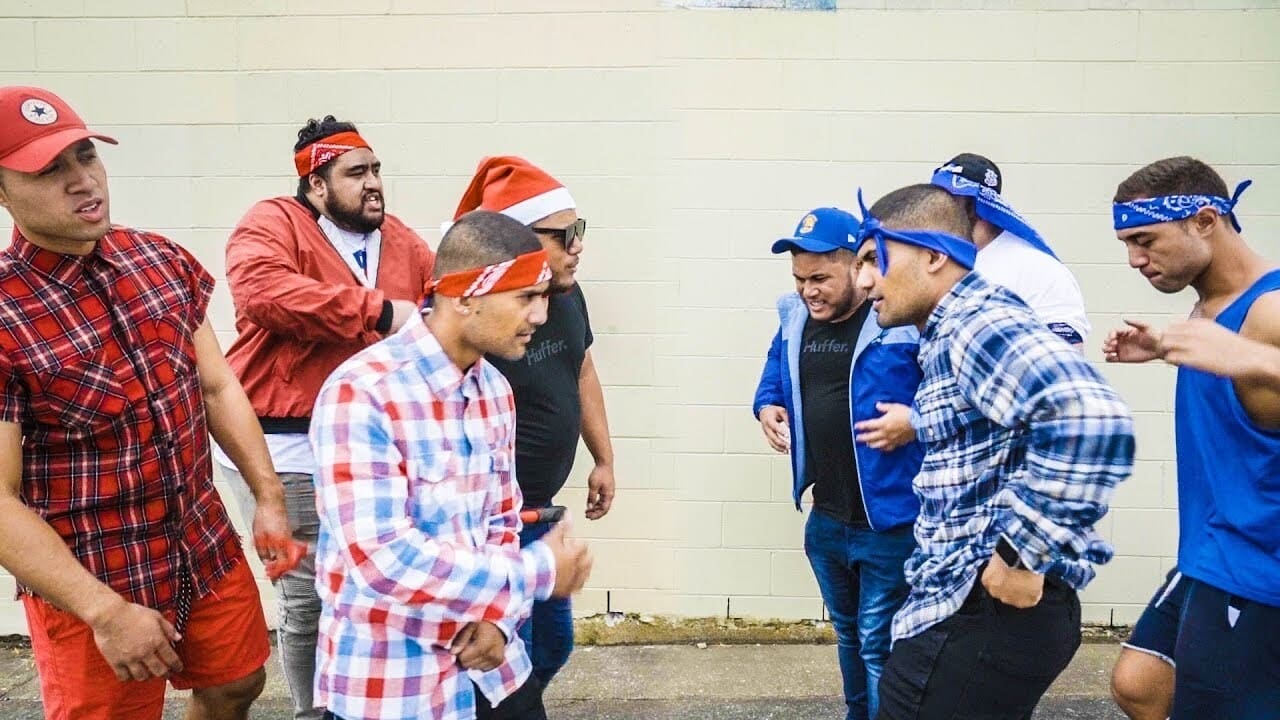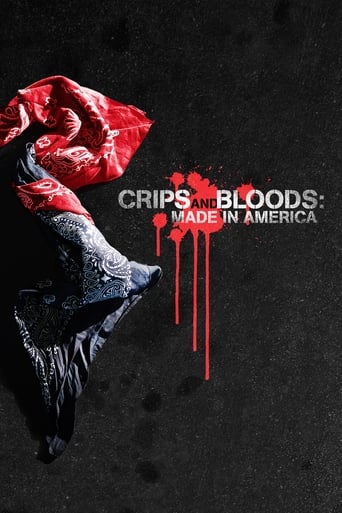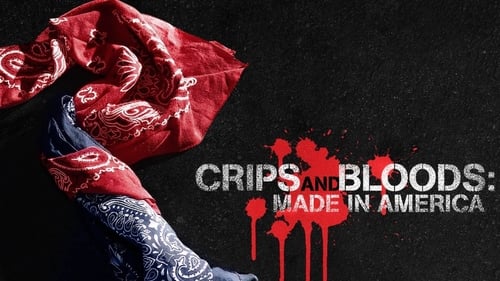Cathardincu
Surprisingly incoherent and boring
Skunkyrate
Gripping story with well-crafted characters
Arianna Moses
Let me be very fair here, this is not the best movie in my opinion. But, this movie is fun, it has purpose and is very enjoyable to watch.
doug_park2001
A truly eye-opening documentary. Like many others, I'm sure, I've always tended to immediately think "bad guys" whenever the terms "Crips," "Bloods," or "gangs" in general comes up. While it does not try to convince us that these L.A. gangs are actually a force of good or anything like that, this film changed my perspective in many ways. No matter how much your background differs for theirs, CBMA makes it difficult not to empathize with the gangs and, to a significant extent, understand their goals and reasons for being. It includes some really provocative examination of the particularly horrible brand of de facto segregation that existed in L.A. throughout the 1900s, something that still lingers on today. Arresting footage of the Watts Riots of 1965 as well as the riots that followed the Rodney King verdict in 1992. Intelligent but easy to follow interviews with a number of current gang members, former members who now work in intervention, and several professors of sociology and related subjects. While the focus is on L.A., it's all very relevant to anywhere else in this country.
Todd Bradley
I watched this documentary as part of the Independent Lens series on PBS, and thought it was great. The film covers a lot of topics related to the gang of South Central Los Angeles, from their earliest history to the socio-economic causes to the effect it has on real families. And it ends with a sense of hope that the people of that community can in fact put an end to the cycle.It would be easy to do a documentary on this topic that reeks of white guilt or points fingers or cozies up to the gang members. But instead, this film takes a very neutral viewpoint. That's part of what makes it great. Plus, it's very well done technically. The soundtrack is outstanding, the narration is good, and the audio is unusually good for a documentary.I give it an 8/10.
Polaris_DiB
What's up with those Crips and Bloods? Can't they, like, just get along and, like, not kill each other? Why do they do that? Well, because they're the product of decades of segregation and isolation into under-developed, falling-apart communities that are treated as virtual No Man Lands within the very city of LA. How did this happen? Well, it some of it can be traced back all the way to World War I.....Stacy Peralta's "Crips and Bloods: Made in America" starts out with some pretty stunning information. More people have died in gang battles between the blue and the red than in some third world events we in the first world label "genocide." Many of the citizens of the areas the Crips and Bloods inhabit have lived their entire lives without seeing the Pacific Ocean due to the invisible barriers that separate them from the world. These factoids are inserted in many compelling ways in a documentary that tries, with variable success, to really present the core of the issues of these gangs running around in South Central.The idea is good, the execution is a little off. Despite the title of the movie, the genesis of the actual gangs is passed by in a quick and uninformative way while more focus is put onto the history of the area itself and its relations to civil rights. That's not too big of a deal, but over-stylized digital effects and a constantly moving camera attempt to make what is a real social issue into something more resembling a hip-hop or skater video. I think the attempt was largely to put more animation into what is otherwise a lot of still photography and talking heads, but sometimes it can get distracting and a lot of the meat of the documentary has to compete with this weird tendency in the editing to intercut with sped-up montages. The more effective parts are the parts where you can hear the director interviewing. I think the best scene is when Peralta asks, "Well, what about morality?" and his interviewee basically says, "We have to put morals behind us just to survive." It's easy from an outside perspective to believe that the gang problem is an issue of a community of people being irresponsible and stupid, but it's harder to understand how the problem was developed from decades of negligence.I think, for all the flash, that this movie has some good ideas and decent journalism, but needed a bit more research and a better plan of execution. Ultimately, it's a very glossy rough draft of a video essay, and some more information is needed. At least it has an optimistic conclusion with an idea of how things could be turned around, which is something most social documentaries evade and need more of.--PolarisDiB
moorghen
Saw the film tonight at the LA Film Festival and really enjoyed it. It provides a history of LA gang culture from a social perspective, then jumps all the way back to slavery. It's not New Jack City or a history of crack. It's the story of a marginalized community right smack in the middle of the American dream machine. Although the stories are bleak and depressing, the film is one of the most positive efforts I've seen in years. Very different from Peralta's previous docs. He even refused to answer skateboarding questions from audience members and brought a lot of the main characters up on stage to take questions from the audience. I hope this doc gets the attention it deserves.


